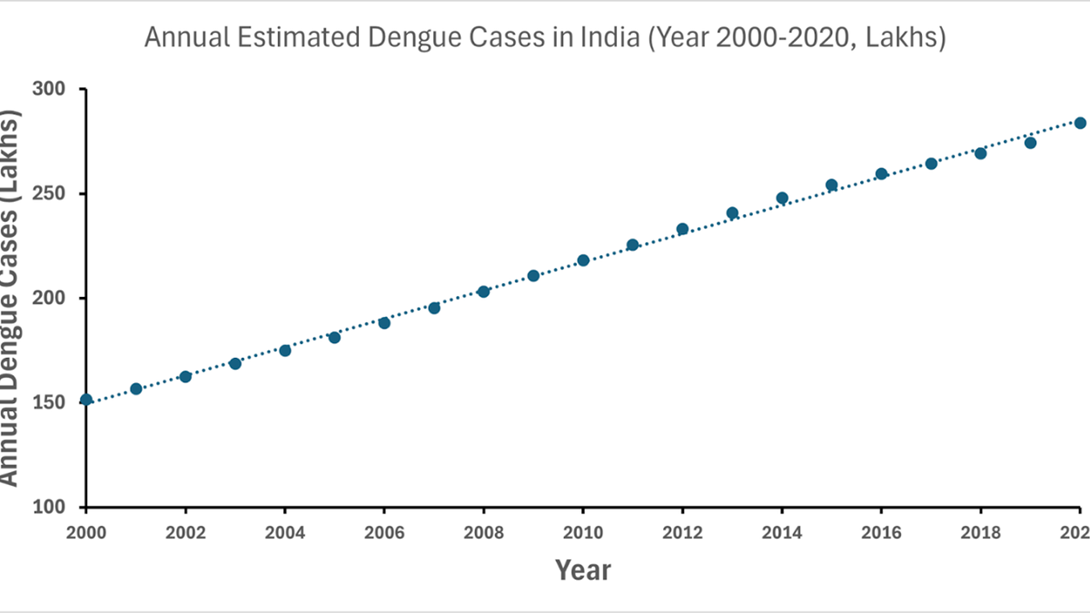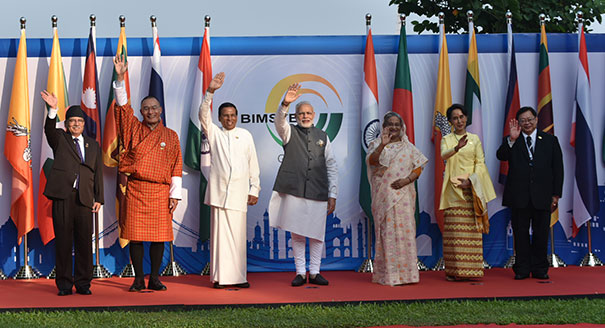- Courses
- GS Full Course 1 Year
- GS Full Course 2 Year
- GS Full Course 3 Year
- GS Full Course Till Selection
- Answer Alpha: Mains 2025 Mentorship
- MEP (Mains Enrichment Programme) Data, Facts
- Essay Target – 150+ Marks
- Online Program
- GS Recorded Course
- Polity
- Geography
- Economy
- Ancient, Medieval and Art & Culture AMAC
- Modern India, Post Independence & World History
- Environment
- Governance
- Science & Technology
- International Relations and Internal Security
- Disaster Management
- Ethics
- NCERT Current Affairs
- Indian Society and Social Issue
- NCERT- Science and Technology
- NCERT - Geography
- NCERT - Ancient History
- NCERT- World History
- NCERT Modern History
- CSAT
- 5 LAYERED ARJUNA Mentorship
- Public Administration Optional
- ABOUT US
- OUR TOPPERS
- TEST SERIES
- FREE STUDY MATERIAL
- VIDEOS
- CONTACT US
Wolbachia-Infected Mosquitoes for Dengue Control
Wolbachia-Infected Mosquitoes for Dengue Control
21-08-2024

- Public Health Challenge: Dengue fever, chikungunya, and Zika virus are significant public health issues in India, causing substantial economic losses and healthcare burdens.
- Current Statistics (as of April 2024):
- India: 19,447 dengue cases and 16 deaths.
- Kerala: Highest number of cases, followed by Tamil Nadu.
- Economic Impact: Estimated at Rs 28,300 crore annually; 5.68 lakh years of young life lost.
- Global: WHO reported over 7.6 million cases of dengue.
How Does Wolbachia Help in Controlling Mosquito Populations?
- Wolbachia is a naturally occurring bacteria that can infect insects, including mosquitoes.
- Scientists have harnessed this bacteria to develop a novel method for controlling mosquito populations and reducing the spread of mosquito-borne diseases like dengue, Zika, and chikungunya.
How Does It Work?
There are 2 primary ways Wolbachia helps control mosquito populations:
- Population Suppression:
- Male mosquitoes carrying Wolbachia are released into the wild.
- When these males mate with wild female mosquitoes, the resulting eggs do not hatch, reducing the overall mosquito population.
- Population Replacement:
- Both male and female mosquitoes carrying Wolbachia are released.
- These Wolbachia-infected mosquitoes mate with wild mosquitoes, spreading the bacteria throughout the population.
- Over time, the Wolbachia-infected population becomes dominant, reducing the ability of mosquitoes to transmit diseases.
Additional Benefits of Wolbachia
- Reduced Disease Transmission: Wolbachia can interfere with the ability of viruses like dengue, Zika, and chikungunya to replicate in mosquitoes, reducing the chances of disease transmission.
- Self-Sustaining: Once established in a mosquito population, Wolbachia can persist for many years without additional releases.
Status of Wolbachia Programs in India
- Current Situation: India does not have an active Wolbachia mosquito release program.
- ICMR-VCRC Initiatives: The Indian Council of Medical Research - Vector Control Research Center (ICMR-VCRC) is developing wMel Aedes strains but has faced delays in public updates and government approvals.
- Recent Findings: Natural presence of Wolbachia in Aedes mosquitoes in Northeast India; significance is still under investigation.
Global Examples of Wolbachia Implementation
- Singapore: Release of Wolbachia-infected male mosquitoes led to a 90% reduction in the Aedes population and a 77% decrease in dengue cases.
- Australia: Population replacement strategy resulted in a stable wMel strain genome in wild populations and significant reductions in dengue incidence.
- Indonesia: A landmark trial showed a 77% reduction in dengue cases and an 86% decrease in hospitalizations in areas with released wMel mosquitoes.
Conclusion:
These innovations in mosquito control highlight the potential of Wolbachia-infected mosquitoes as a promising tool in combating vector-borne diseases such as dengue. The approach leverages biological methods to reduce disease transmission and has shown significant success in various international contexts.
Must Check: Best IAS Coaching In Delhi
UPSC Prelims Result 2024 Out: Expected Cut Off & Other Details, UPSC Prelims 2024 Answer with Explanation, Daily Prelims Quiz, Daily Current Affairs, MONTHLY CURRENT AFFAIRS TOTAL (CAT) MAGAZINE, Best IAS Coaching Institute in Karol Bagh, Best IAS Coaching Institute in Delhi, Daily Mains Question Answer Practice, ENSURE IAS UPSC Toppers, UPSC Toppers Marksheet, Previous Year Interview Questions, UPSC Syllabus




